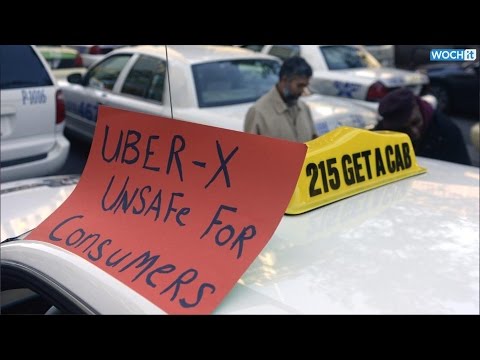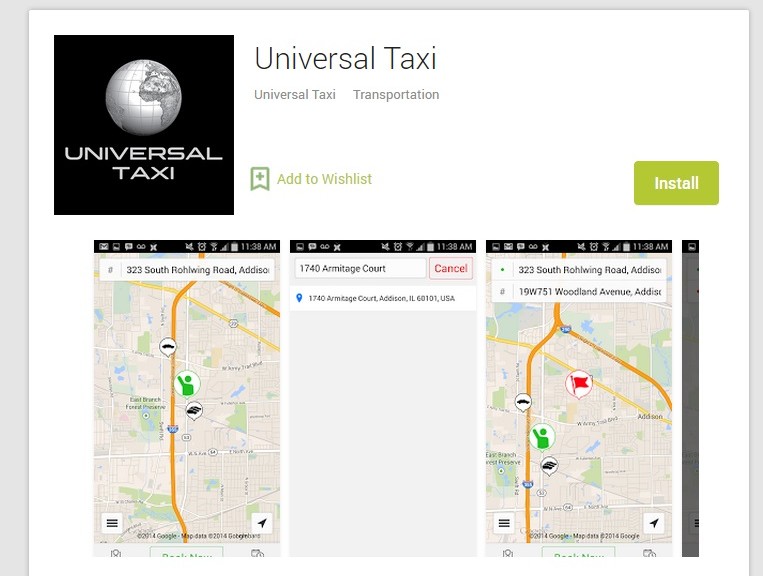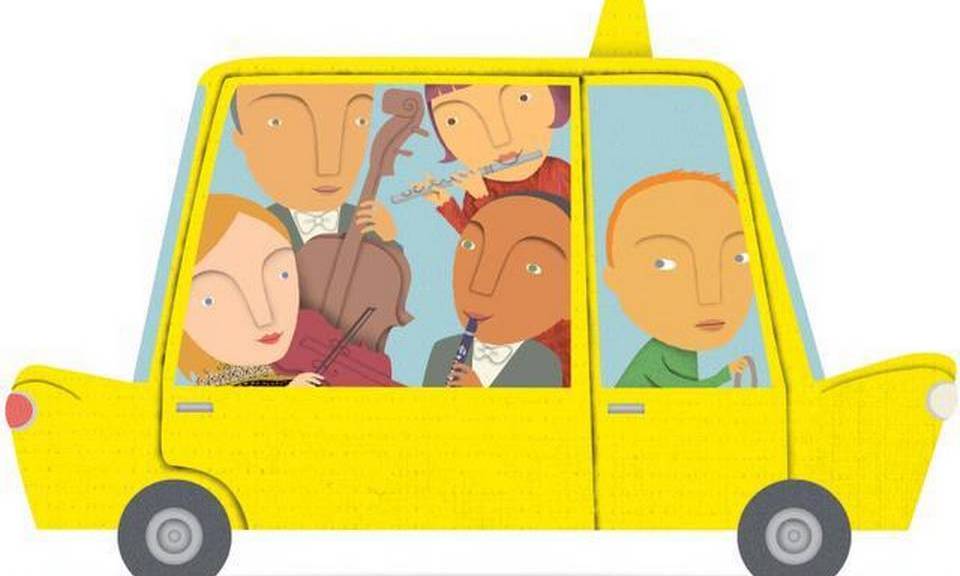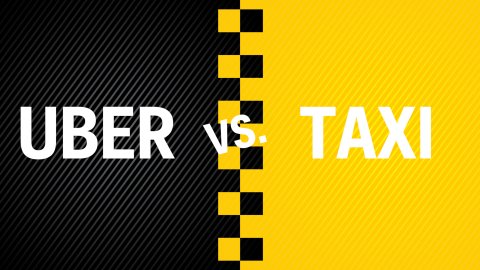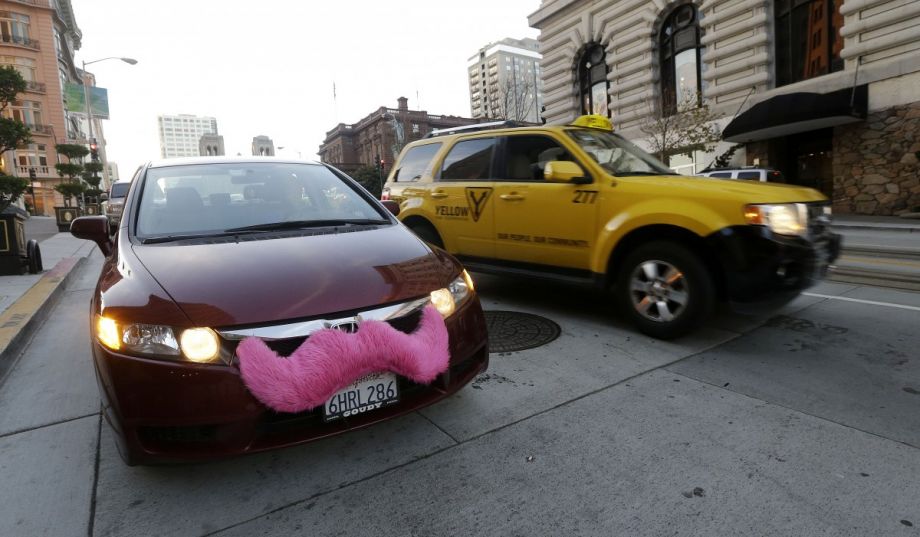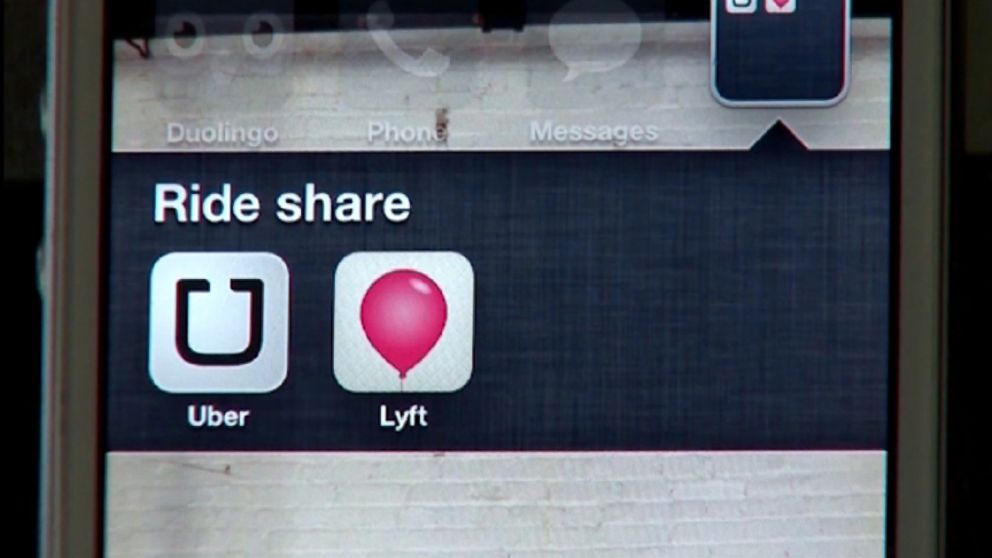Ridesharing services invaded the transport industry with hardly an introduction. This is apart from its tempting promises about changing the way people commute and travel. Commuters started using the Uber app in 2009 to get in touch with personal drivers wanting to use their own vehicles to offer strangers a lift. Since then, the hype about this transportation breakthrough grew. When word spread around about good deal rates, similar businesses like Lyft soon followed.
As expected, the cab industry responded with its own rightful buzz. For one, taxi companies stressed that ridesharing services offered unfair competition. This is due to the fact that they weren’t required to stick to the same regulations as cabbies. Without the need for background checks for their drivers, car inspections, certification fees, and further insurance coverage, the expense of operating is lower for ridesharing companies.
Cabbies Fight Back
Just a few months ago, here in Chicago, we launched a fresh start against ridesharing services. This plan is to sponsor a software for passengers to hail local cabbies. The strategy was an important part of a deal which includes monetary support for cabs, like fee breaks, approved by the city council. A union majorly consisted of cab drivers and taxi operators organized this plan in Chicago last year to push hard for the package. This approved plan is the way of the taxi industry to level the playing field. The use of app for conventional taxis is starting to gain popularity now, thanks to the software from trusted companies using it already, like the Universal Taxi app.
The Universal Taxi Dispatch is a great example of this company-based transportation mobile app. It’s a safe way to acquire various services like airport pick-ups, corporate accounts, package delivery, and even school riding programs. By using the app, the passenger can also estimate his fare from point A to point B.
Chicago Cabbie Mobile App
The Chicago regulation commits the city to develop a mobile app that will function as a main dispatch for all of the city’s taxi companies. It is not yet established how the mobile app is going to be implemented. No word yet on who covers the cost for it, and whether rideshare services can bid for the agreement to acquire or run it as well. For the meantime, I suggest that local and foreign passengers can use company-based apps such as Universal Taxi to get the services that they need.
Labor groups state that the taxi industry is suffering from similar problems with low-wage workers in the fast-food and other service industries. This is particularly true with their dormant wages and restricted dealing privileges. The taxi industry projects that this Chicago measure, that includes lowering the fees drivers pay to rent their car, reducing fine amounts , and providing cab drivers a share of in-car marketing earnings, will collectively boost revenue for drivers up to $8,000 each year. As an experienced cabbie, I can honestly say that this is an incredibly great, positive news.
As for the services from the other side of the court, Uber declined to give a comment about the issue. Although, the controversial ridesharing company says that its functionality and safety were better than those of the cab industry.
